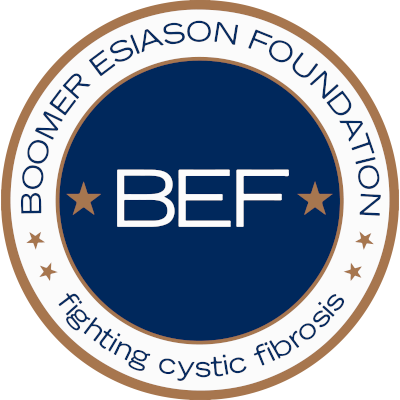[Posted by Mike Nace on bionews-tx.com]
Israel-based Kamada Ltd., a drug development company currently developing plasma-derived protein therapeutics that are chiefly targeting orphan diseases, indicated recently in a press release that their lead drug candidate Alpha-1 Antitrypsin (AAT), which is currently in trials for treatment of Alpha-1 Antitrypsin Deficiency (AATD, or Inherited Emphysema), will also be tested in a new round of clinical trials for cystic fibrosis this summer.
The news comes as part of a larger news release of the launch of the AAT trial for AATD, which will feature a double-blind, placebo-controlled study evaluating the safety and efficacy of AAT by inhalation. Kamada concludes its news release by stating that the company plans to initiate a U.S. phase 2 clinical trial of its inhaled AAT to treat Cystic Fibrosis in the second half of 2014.
Detailed information about the upcoming U.S. Phase 2 clinical trial for AAT in treatment of cystic fibrosis is not immediately available. However, the company has had previous success in researching and developingcystic fibrosis treatments, including Bramitob, which features Tobramycin as its active ingredient and offers “management of chronic pulmonary infection due to Pseudomonas aeruginosa in patients of 6 years and older with cystic fibrosis,” according to the company’s website.
In addition, AAT has been given the status of an Orphan Drug to treat cystic fibrosisboth in the United states in Europe. According to information fromClinicalTrials.gov, a “completed phase II study with CF patients showed high safety and tolerability profile sided to demonstration of significant decrease in lung inflammation which was reflected, among others in the drop of neutrophil elastase enzyme in the lungs of the CF patients, an enzyme that has a major affect in lung inflammation and disease progression as a result.” This study, which was completed in 2009, led to Kamada winning an IND (Investigational New Drug) approval from the FDA, for a phase II clinical trial in the US for the treatment of CF.
For now, Kamada will continue to develop AAT for the AATD indication. David Tsur, Co-founder and CEO of Kamada commented, “We are very excited to initiate this U.S. study of our inhaled AAT to treat AATD, which represents a potentially revolutionary, user-friendly, convenient and efficient treatment compared with the current AAT treatment that requires weekly invasive, intravenous infusions. The U.S. market offers a significant opportunity to bring an inhaled therapy to patients suffering from this genetic lung disease, not merely as a more user friendly treatment, but also because the targeted delivery and treatment rationale directly to the lung are expected to enhance efficacy. Initiating this U.S. clinical study is an important step in our global strategy to commercialize our novel, inhaled human AAT.”
